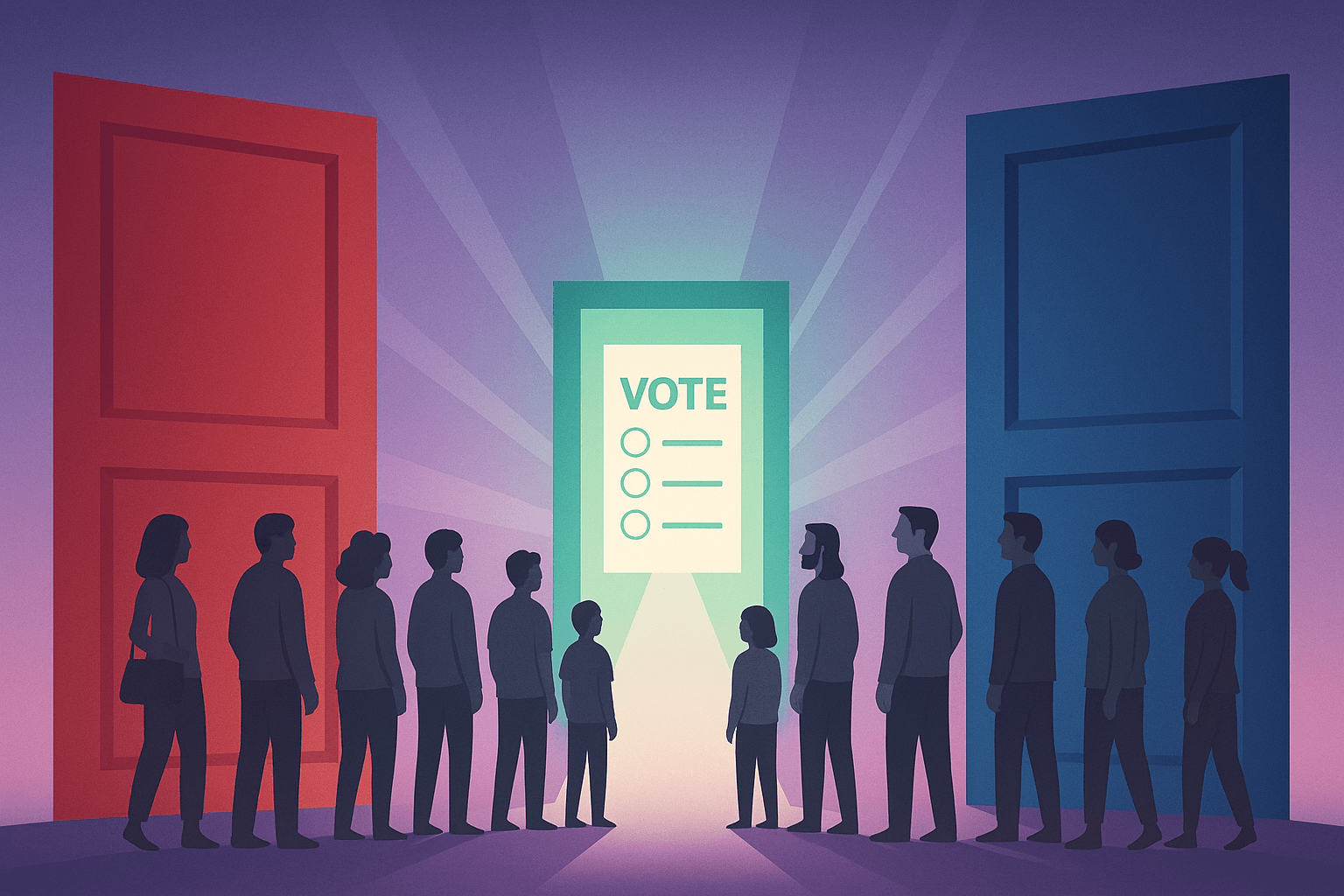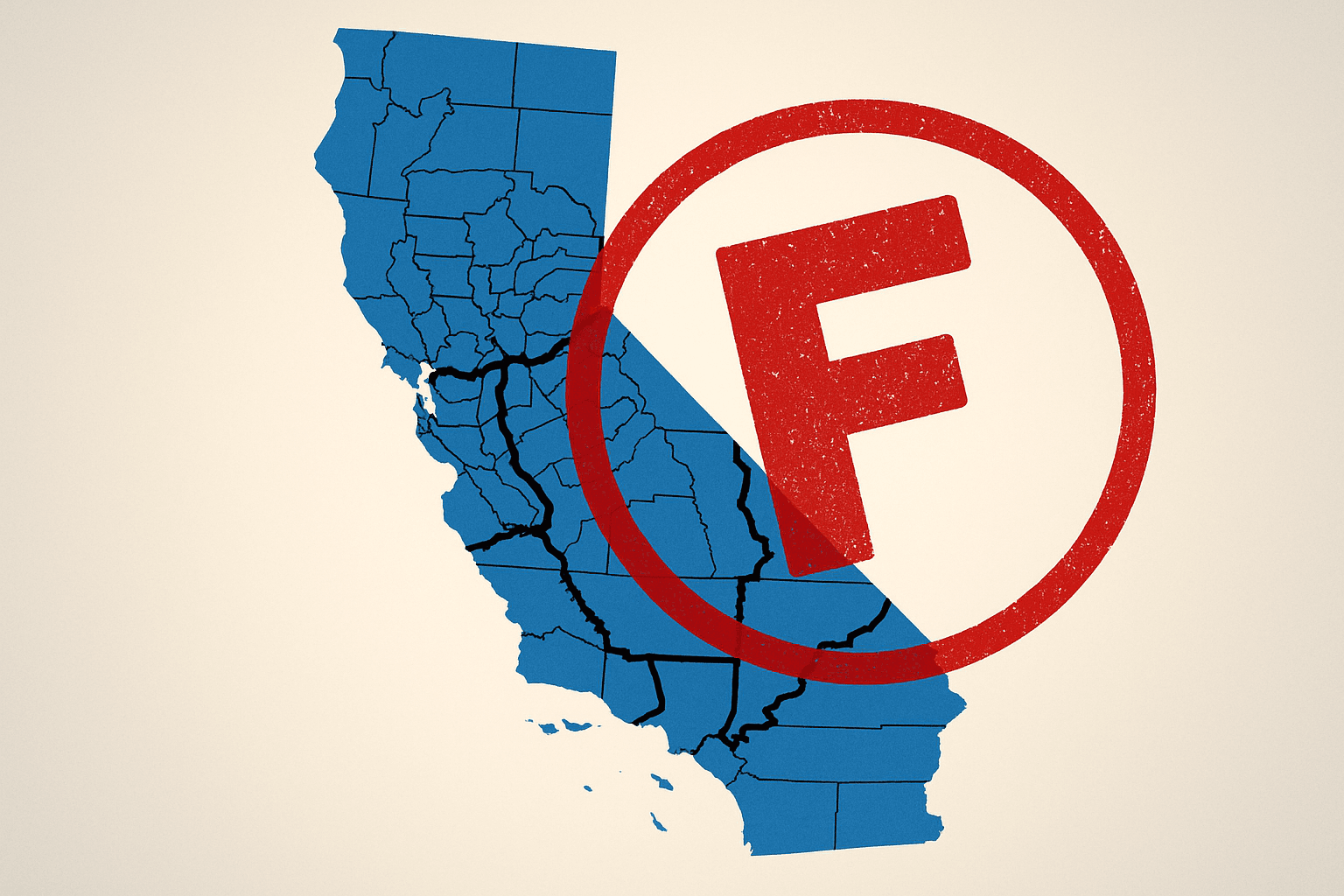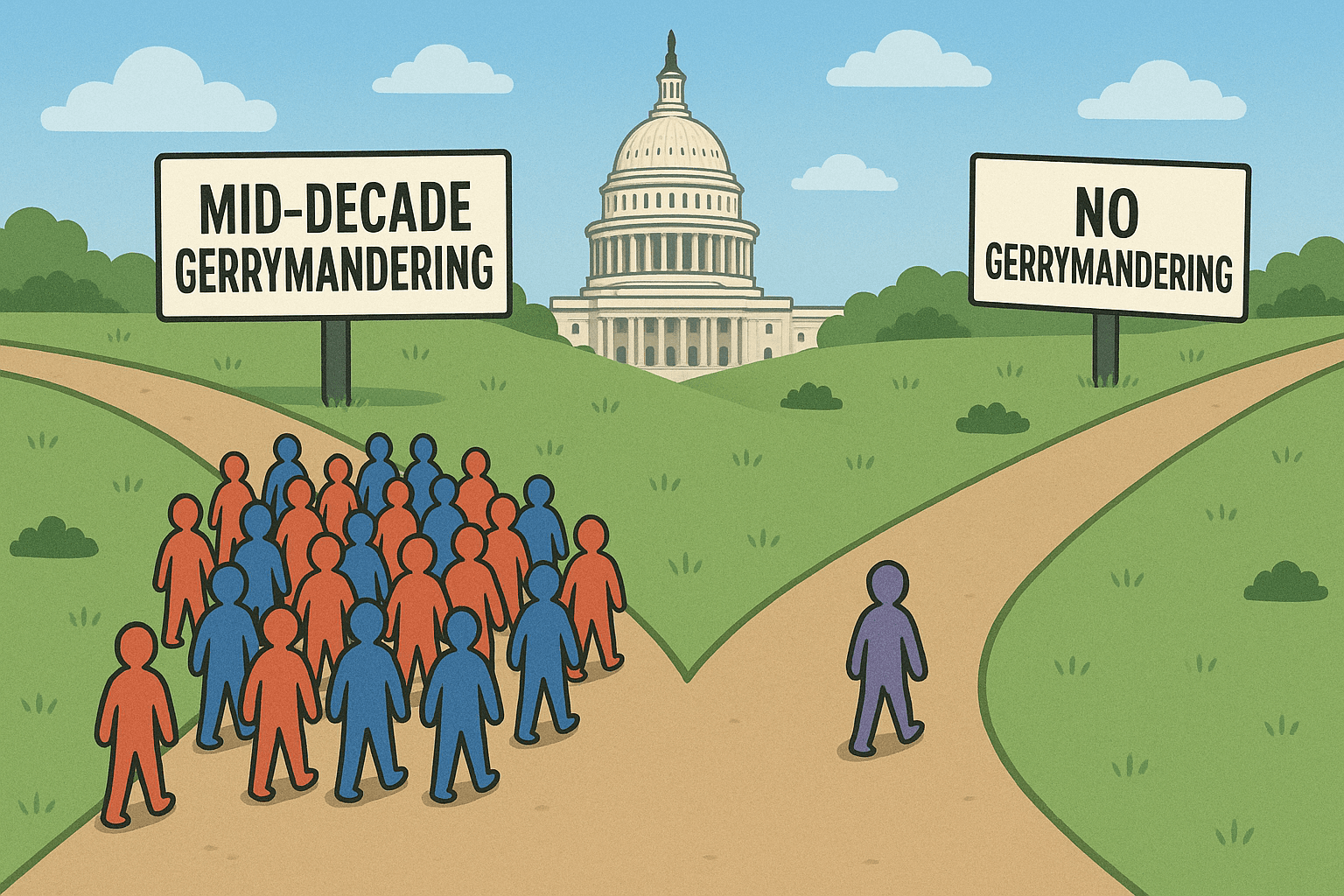Neuroscientist: Drug addiction is a health problem, not a moral failing

In a recent interview with NPR, David Linden, professor of neuroscience at the Johns Hopkins University School of Medicine and the chief editor of the Journal of Neurophysiology, discussed the contents of his new book, entitled The Compass of Pleasure, and spent a fair amount of time explaining the science behind addiction, which he says is a health problem, not a moral failing.
During the interview, Linden explained that addictions to certain foods, behaviors, and drugs are a measurable, physiological phenomenon that occurs in the brain. It's also heritable-- it can be inherited through the genes from one's parents: "There are variants in genes that turn down the function of dopamine signaling within the pleasure circuit." Why is this important? Dopamine signaling is how the brain rewards the body for engaging in behaviors that-- in moderation-- are not only healthy, but necessary for survival, things like eating food, exercising, and having sex. The human machine is "wired" to pursue pleasure, and when its pleasure pathways are working properly, this leads to healthy, functional behavior. But people with blunted dopamine pathways can't experience the neurological rewards of healthy activities the same way others do. The result is pleasure-seeking behavior that takes healthy activities to the extreme, as in the case of overeating or sexual addiction, or even the use of drugs to fire up the brain's reward pathways. Ironically, Linden says, addicts don't enjoy the object of their addictions as much as non-addicts:
"In order to get to that same set point of pleasure that others would get to easily -- maybe with two drinks at the bar and a laugh with friends -- need six drinks at the bar to get the same thing."
Interestingly, it is because addicts enjoy their addictions less, due to blunted dopamine systems, that they need them more, and with a desperate drive to achieve a normal dopamine response, they engage in risky, excessive, and unhealthy behaviors. This, Linden argues, is an illness, a problem with a person's health, not a moral failing in need of criminal correction:
"Any one of us could be an addict at any time. Addiction is not fundamentally a moral failing -- it's not a disease of weak-willed losers. When you look at the biology, the only model of addiction that makes sense is a disease-based model, and the only attitude towards addicts that makes sense is one of compassion."
When pressed about the ramifications of the neuroscience behind addiction for public policy, particularly toward drug addiction, Linden asserts that: "Simple possession should never be dealt with predominately in the penal system. It is a medical phenomenon." He goes on to compare it to heart disease. If someone has heart disease, they have certain responsibilities to take care of themselves, and if they don't, "it's not society's problem, it is your own darn fault." Likewise, Linden says that someone who has a problem with their brain has certain responsibilities to minimize the impact and take good care of themselves, just like someone who has a problem with their heart, and that neither should be treated like criminals or incarcerated for their health problems.
It's something we've been hearing more and more from politicians like New Mexico's former Governor Gary Johnson, and Philadelphia's DA Williams: the most compassionate model, and the model with the most empirically-validated success is treating drug addiction as a health issue, not a criminal justice issue.



